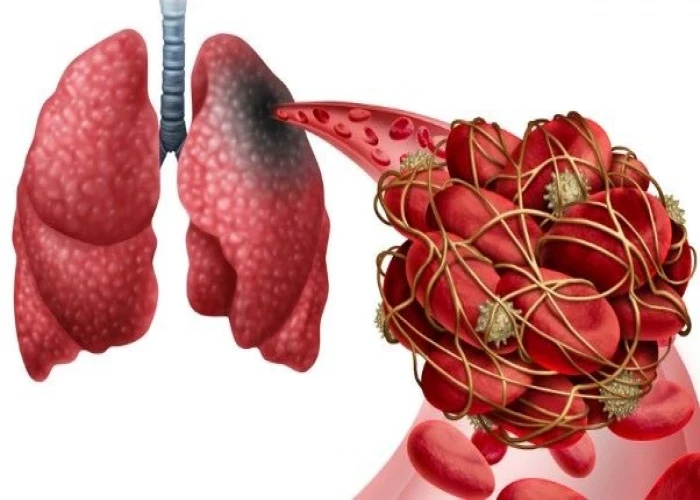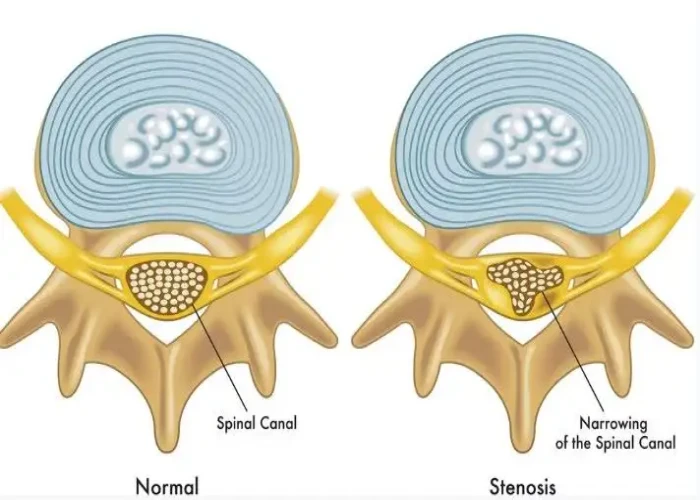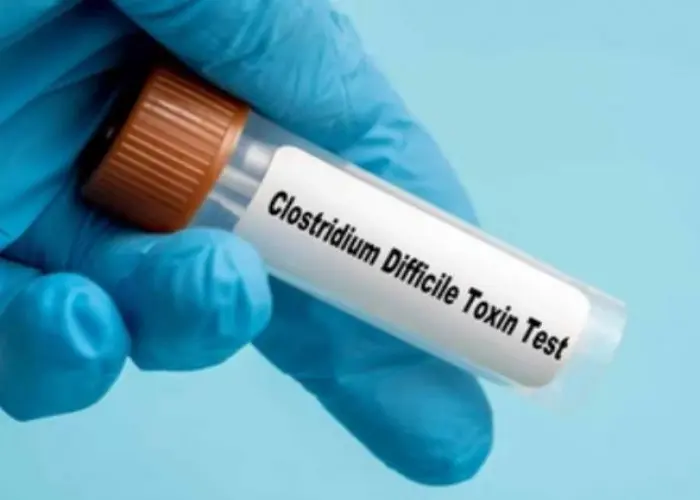 Welcome
Welcome
“May all be happy, may all be healed, may all be at peace and may no one ever suffer."
Malignant hyperthermia

Malignant hyperthermia is a rare but potentially life-threatening reaction to certain medications used during anesthesia. It is an inherited condition that affects the way calcium is regulated in muscle cells, causing uncontrolled muscle contractions, high fever, and potentially life-threatening complications.
Symptoms of malignant hyperthermia can include:
- High fever (over 104°F or 40°C)
- Rapid heart rate and breathing
- Muscle rigidity or stiffness
- Muscle breakdown, which can lead to kidney damage
- Changes in blood pressure or heart rhythm
- Sweating, flushing, and skin discoloration
Malignant hyperthermia can be triggered by certain medications used during anesthesia, such as halothane or succinylcholine. It can also occur spontaneously in response to exercise or extreme heat.
Treatment for malignant hyperthermia involves stopping the administration of triggering medications and quickly lowering the patient's body temperature to prevent complications such as muscle breakdown and kidney damage. Additional treatments may be necessary to stabilize the patient's blood pressure and heart rhythm.
If you have a personal or family history of malignant hyperthermia, it is important to inform your healthcare provider before any planned surgeries or procedures that require anesthesia. Your healthcare provider may recommend alternative medications or other precautions to minimize the risk of malignant hyperthermia.
Research Papers
Disease Signs and Symptoms
- Rapid heartbeat (tachycardia)
- Irregular heartbeats (arrhythmia)
- High body temperature
- Excessive sweating during sleep
- Bronze skin color
- Rapid, shallow breathing and problems with low oxygen and high carbon dioxide
Disease Causes
Malignant hyperthermia
Malignant hyperthermia susceptibility (MHS) is caused by a genetic defect (mutation). The abnormal gene increases your risk of malignant hyperthermia when you're exposed to certain anesthesia medications that trigger a reaction. The abnormal gene is most commonly inherited, usually from one parent who also has it. Less often, the abnormal gene is not inherited and is the result of a random gene mutation.
Different genes can cause the disorder. The most commonly affected gene is RYR1. More rarely affected genes include CACNA1S and STAC3.
Disease Prevents
Malignant hyperthermia
If you have a family history of malignant hyperthermia or a relative who has problems with anesthesia, tell your doctor or anesthesiologist before surgery or any procedure that requires anesthesia.
Evaluating your risk of malignant hyperthermia allows your anesthesiologist to avoid certain anesthesia drugs.
Disease Treatments
If you or someone in your family has malignant hyperthermia and you need to have anesthesia, it's important to tell your doctor and anesthesiologist. Drugs that do not trigger malignant hyperthermia may be used as part of your anesthesia.
Immediate treatment of malignant hyperthermia includes:
- Medication. A drug called dantrolene (Dantrium, Ryanodex, Revonto) is used to treat the reaction by stopping the release of calcium into the muscle. Other medications may be given to correct your body's metabolic imbalance and treat complications.
- Oxygen. You may have oxygen through a face mask. In most cases, oxygen is given through a tube placed in the windpipe (trachea).
- Body cooling. Ice packs, cooling blankets, a fan with cool mist and chilled intravenous (IV) fluids may be used to help reduce body temperature.
- Extra fluids. You may also get extra fluids through an IV line.
- Supportive care. You may need to stay in the hospital in intensive care for a day or two to monitor your temperature, blood pressure, heart rate, breathing and response to treatment. Several lab tests will be done frequently to check the extent of the muscle breakdown and kidney damage. A stay in the hospital is usually required until lab values start to return to normal.
Malignant hyperthermia usually resolves within a few days with treatment.
Follow-up care
If you've experienced malignant hyperthermia due to certain anesthesia drugs, exercising during excessive heat and humidity could trigger another reaction. Talk to your doctor about any precautions you should take.
Also, check with your doctor to see if you should have genetic testing to determine if you have an abnormal gene that puts you at risk of malignant hyperthermia. Ask if close family members should also consider genetic testing.
If you have the abnormal gene that puts you at risk of malignant hyperthermia, wear a medical alert bracelet or necklace. This lets health care providers know of your risk, especially in an emergency, when you may not be able to talk.
Disease Diagnoses
Disease Allopathic Generics
Disease Ayurvedic Generics
Disease Homeopathic Generics
Disease yoga
Malignant hyperthermia and Learn More about Diseases

Pulmonary embolism

Jet lag disorder

Indigestive Diarrhoea

Fuchs' dystrophy

Depression (major depressive disorder)

Spinal stenosis

Neck pain

Antibiotic-associated diarrhea
malignant hyperthermia, ম্যালিগন্যান্ট হাইপারথার্মিয়া
To be happy, beautiful, healthy, wealthy, hale and long-lived stay with DM3S.
